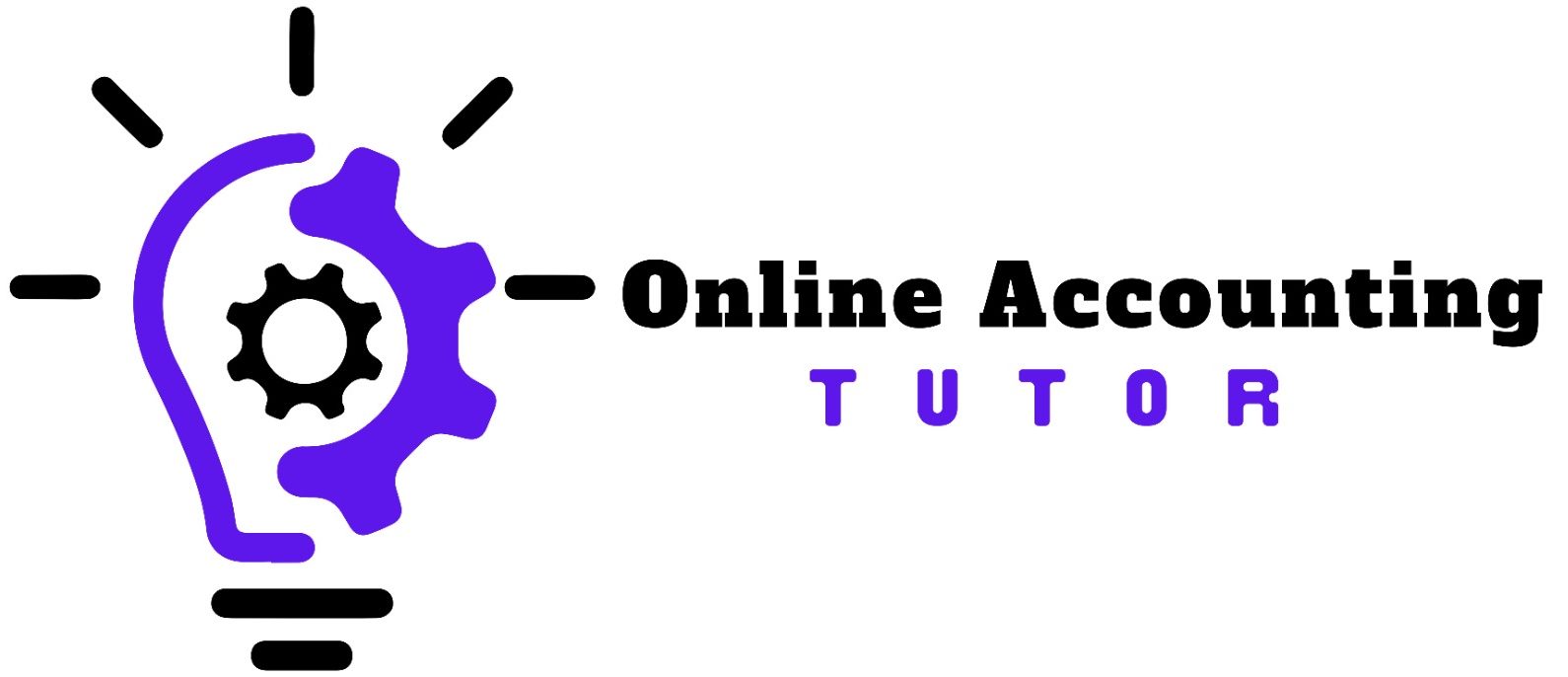
Active Learning in Accounting
Active learning techniques can transform the way you study accounting by making the learning process more engaging and effective. Here’s a detailed look at some strategies that are particularly useful for accounting students:
Case Studies
Employ case studies to bridge the gap between theoretical accounting concepts and their real-world applications. Analyzing both real and hypothetical cases helps you develop critical thinking and analytical skills by placing you in the role of a decision-maker facing real accounting dilemmas. For instance, examining how a specific company handled an accounting scandal or worked through financial difficulties can provide insights into practical applications of auditing standards or financial management strategies.
Problem-Based Learning (PBL)
Dive deep into the practical aspects of accounting through problem-based learning. This approach involves tackling real-world problems that an accountant might face. For example, you could work on exercises that involve preparing financial statements, calculating financial ratios, or performing cost-volume-profit analysis for hypothetical businesses. This technique helps solidify your understanding of accounting principles by applying them in complex, practical scenarios, enhancing both your problem-solving skills and your ability to apply theoretical knowledge effectively.
Group Discussions and Study Teams
Studying in groups can significantly enhance your understanding of complex accounting topics. Participating in discussions on subjects like the effects of new accounting standards or the ethical considerations in financial reporting allows you to hear different perspectives and deepen your comprehension of the material. Additionally, group settings are ideal for role-playing exercises, such as simulating client meetings or teamwork to prepare consolidated financial reports, providing a more interactive and collaborative learning experience.
Interactive Quizzes and Flashcards
Utilizing quizzes and flashcards can be particularly effective for mastering the details of accounting, such as key terms, formulas, and statutory requirements. Regular use of these tools aids in retaining critical information and can quickly highlight areas that require more in-depth study. Moreover, this method supports active recall, a cognitive phenomenon where retrieving an item from memory improves long-term retention of that item.
Critical Thinking Exercises
Engage in activities that promote critical thinking to challenge and expand your understanding of accounting. You could analyze the advantages and disadvantages of different accounting methods, such as various approaches to inventory valuation or capitalizing versus expensing certain costs. Discussing these topics, perhaps as part of written assignments or debate formats, can enhance your ability to think critically about how accounting rules affect financial reporting and business decisions.
Getting a Tutor or Coach
If you find certain accounting concepts particularly challenging, hire a tutor or coach who can provide one-on-one guidance. A tutor can offer personalized explanations and feedback, helping you tackle difficult topics and clarify misunderstandings. This personalized attention can accelerate your learning process, provide custom solutions, and help build your confidence in handling complex accounting tasks.
These active learning strategies are designed to make your study of accounting more dynamic and insightful. By engaging directly with the material through these various methods, you’ll not only improve your grasp of essential accounting principles but also prepare yourself for real-world financial challenges.
"Are you tired of struggling in accounting class? Let us make accounting easy and enjoyable for you."







